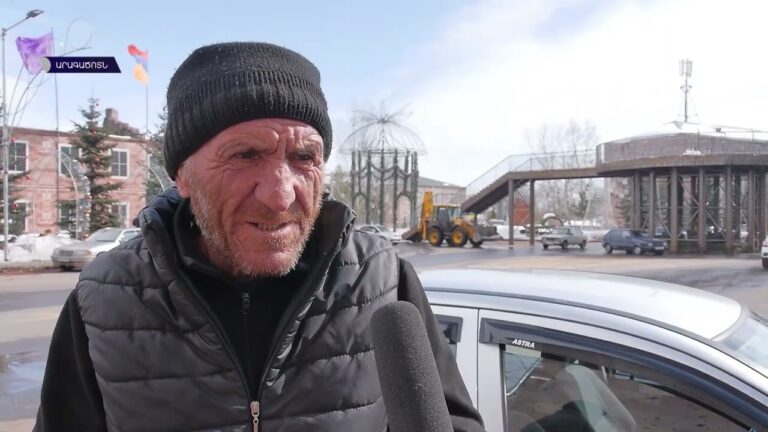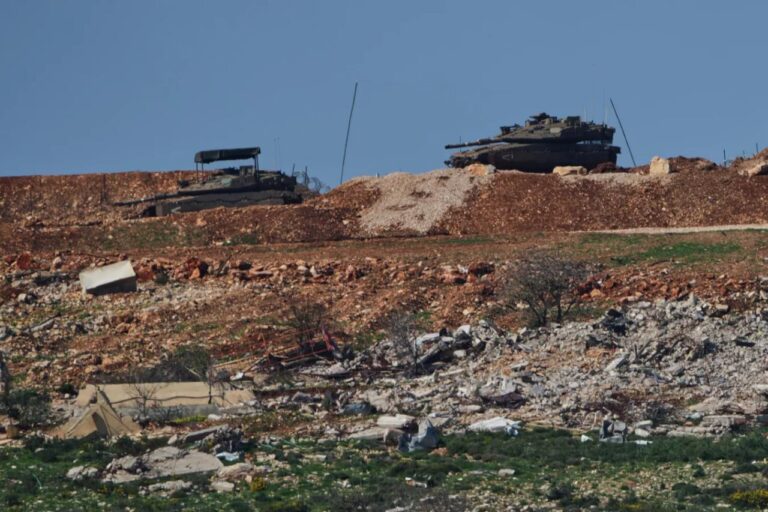IMF loans trap countries in growing debt, economist says
Speaking with Alpha News, economist Iosif Diskin commented on the news that the IMF is advising the Armenian authorities to sell shares of large companies received in recent years.
According to the expert, if the state makes a miscalculation, each subsequent decision to allocate money will be associated with large political conditions disguised as economic conditions.
“This is standard IMF policy, which says that when deciding whether to give you money, we look at the extent to which you take our recommendations into account. This is a general policy and an assessment of how recommendations are being implemented before a decision is made to release money. Therefore, the IMF, of course, uses this instrument seriously.
The IMF has traditionally taken an ultra-liberal position. Experience shows that more often than not, IMF loans trap developing countries in growing debt. You need to understand that the IMF is an institution that ensures fiscal stability, and the World Bank most often provides loans for the implementation of projects on political terms. Here, most often, the World Bank is an instrument of political enslavement.
The IMF is softer, but all the same, if the state behaves incorrectly, if it makes a miscalculation, and if it increases the budget deficit, then each subsequent decision to allocate money will be associated with large political conditions, which will be disguised as economic ones. Initially, there are general conditions: we give money to stabilize the budget situation and say to act prudently, but if you act carelessly, you fall into a vortex of increasing political demands. If the state acts carefully and responsibly, then there are no political demands, but this rarely happens because an effective state is very rare in this sense,” Diskin said.
“The IMF’s proposal that you should sell state property is about those companies whose state stakes are adjacent to Russian stakes. This is what also comes under attack. Therefore, the second component is recommendations related to the reduction of Russian property and, accordingly, Russian influence on the Armenian economy and policy,” Diskin concluded.







